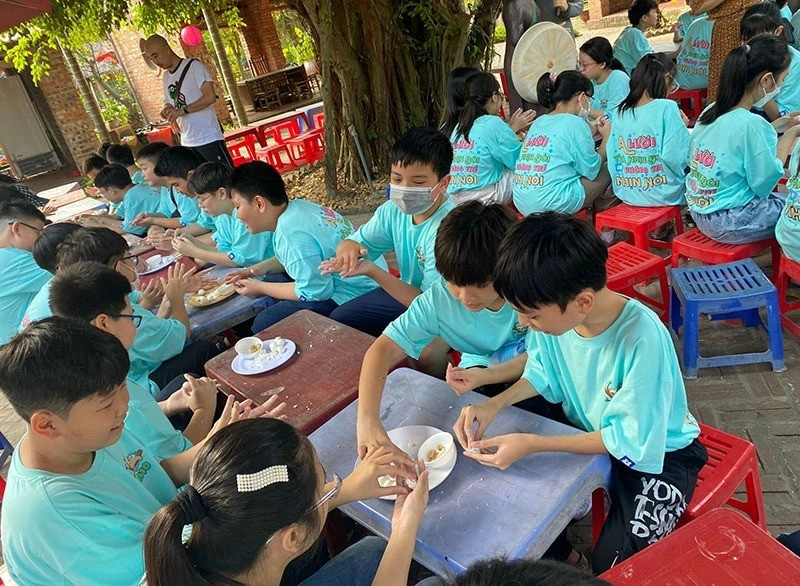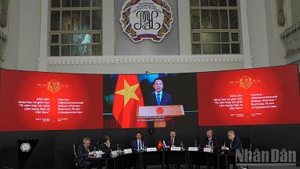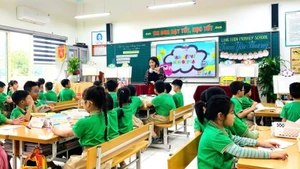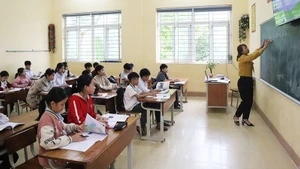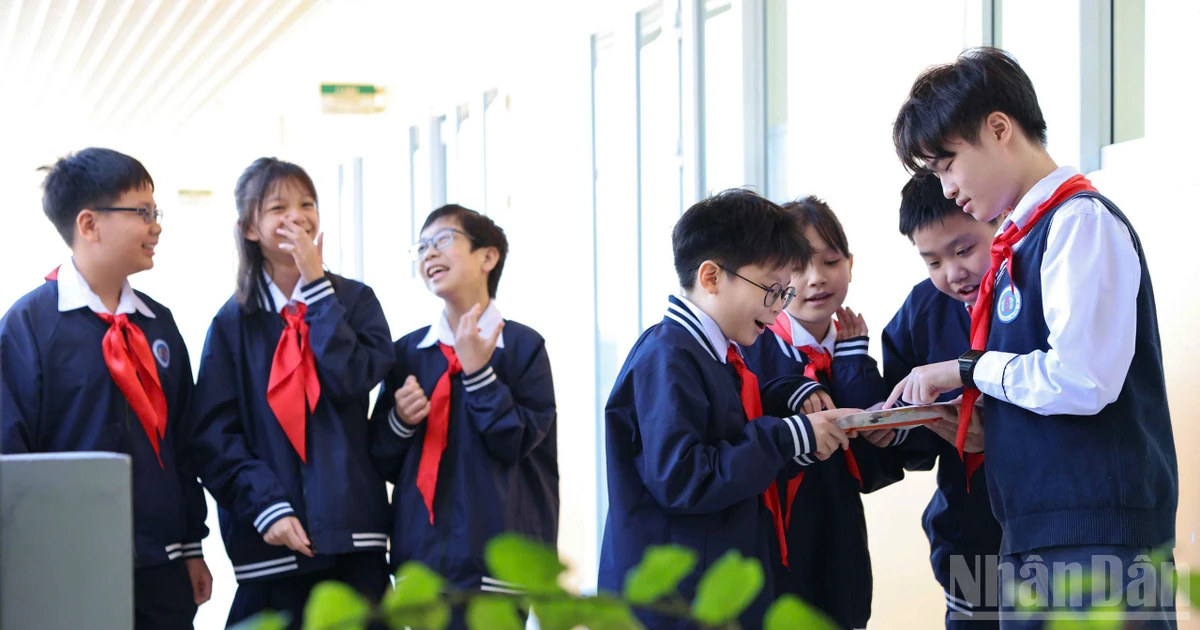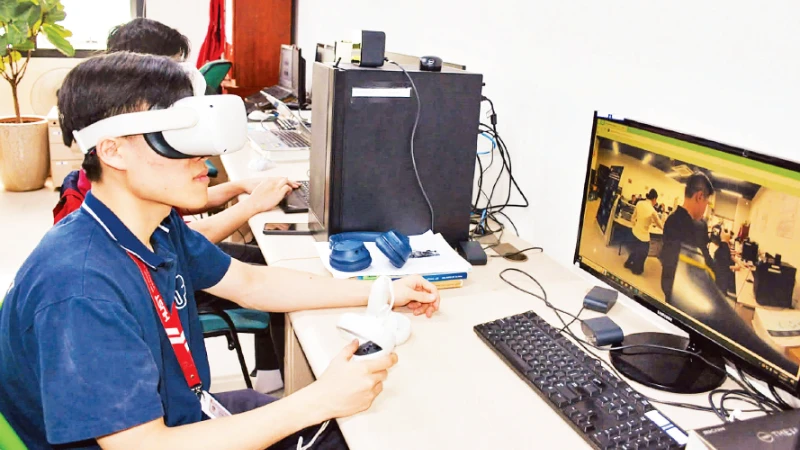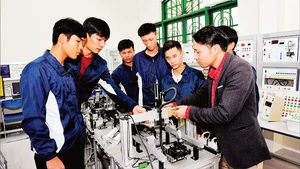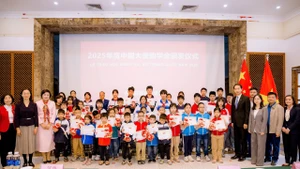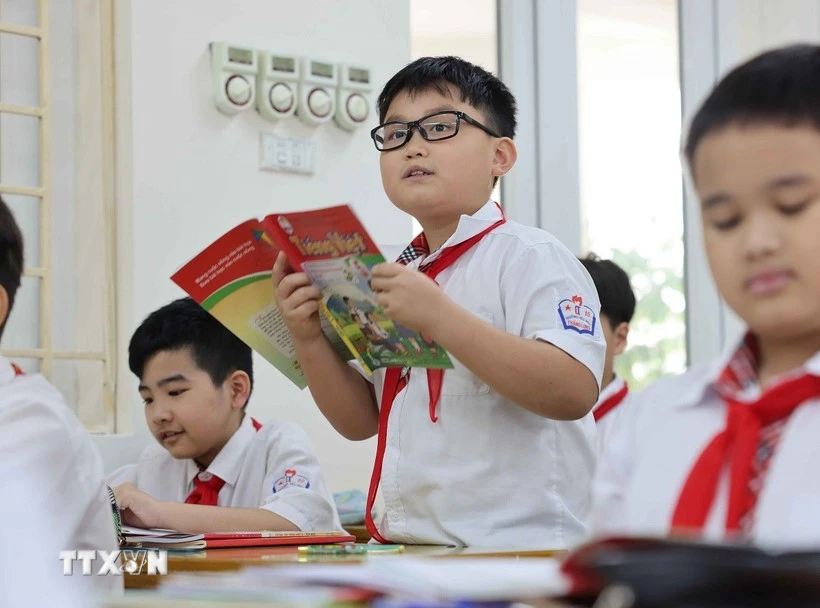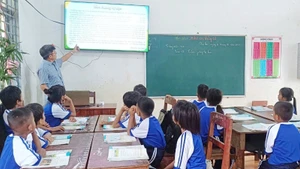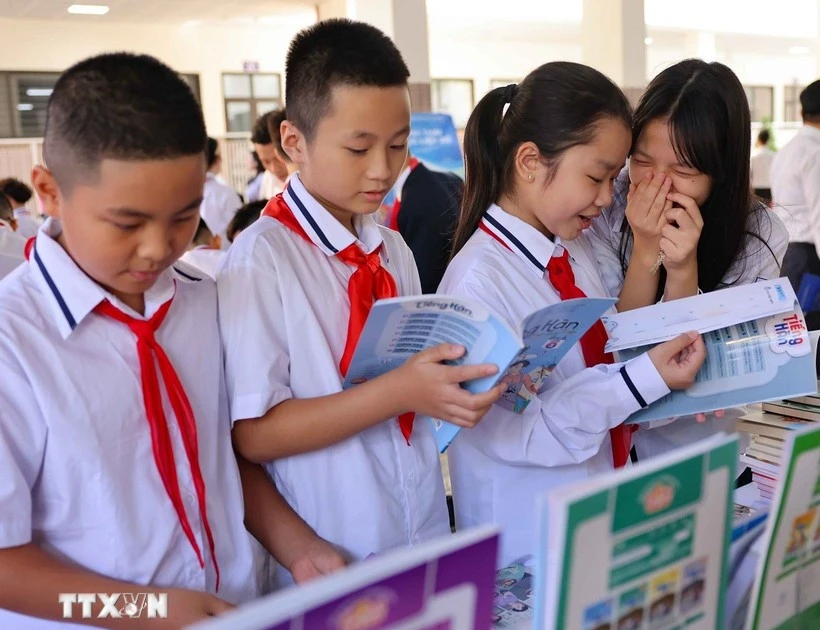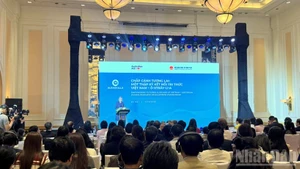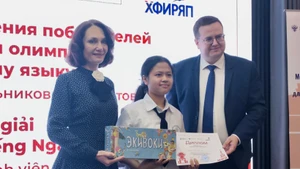This type of tourism offers opportunities for learning, connecting theory with practice, enabling participants to expand their understanding in a vivid and effective manner.
However, the reality shows that educational tourism in Vietnam has not yet seen systematic investment, nor has it emerged from the genuine learning and experience needs of society and tourists.
Vietnam has a tradition of valuing education, possessing a diverse system of historical and cultural sites and heritage, along with rich ecosystem of national parks and nature reserves.
These are favourable conditions for developing educational tourism products. The development of international study programmes and student exchange initiatives further opens up opportunities for a more dynamic educational tourism market.
In recent times, many educational tourism products have been implemented by educational institutions and tourism businesses, notably including traditional craft village experience tours, agricultural and ecological tourism at farms, and historical-cultural learning at museums and historical sites.
However, the development of this tourism type still faces numerous limitations. Educational tours are still organised based on promotional markets and supply, rather than emerging from the genuine needs of participants.
Educational tourism products are mostly spontaneous and lack systematic research and investment, resulting in an entertainment-focused approach with limited academic value.
Many destinations lack diversity and supplementary services, causing visitors to become bored and reluctant to stay longer. Educational tourism in Vietnam is currently focused on quantity development, without adequately addressing quality. Content duplication across destinations is commonplace.
To develop educational tourism with depth and sustainability, careful market research and tourist preferences must be studied to create appropriate products, particularly in the context that personalisation and creativity are becoming increasingly valued.
According to experts, developing this tourism type requires collaboration between educational institutions and tourism businesses to design programmes that both meet learning needs and offer diverse and creative activities.
Currently, Vietnam is highly regarded for its natural and cultural resources, safety, and competitive living costs. This creates conditions for the tourism sector to attract international participants in educational tourism programmes.
To attract international students and multinational company employees, tourism businesses can collaborate with foreign consulting organisations involved in study abroad services in Vietnam, particularly by leveraging authorised and reputable international training partnership programmes.
Experts emphasise that enhancing the experiential element in educational tourism products is the key to attracting tourists.
It is necessary to increase practical and interactive activities during the journey, apply creative learning methods such as gaming, storytelling, and technology applications to elevate the experience.
Educational tourism will become more vibrant and appealing, contributing to the sustainable development of Vietnamese tourism.
